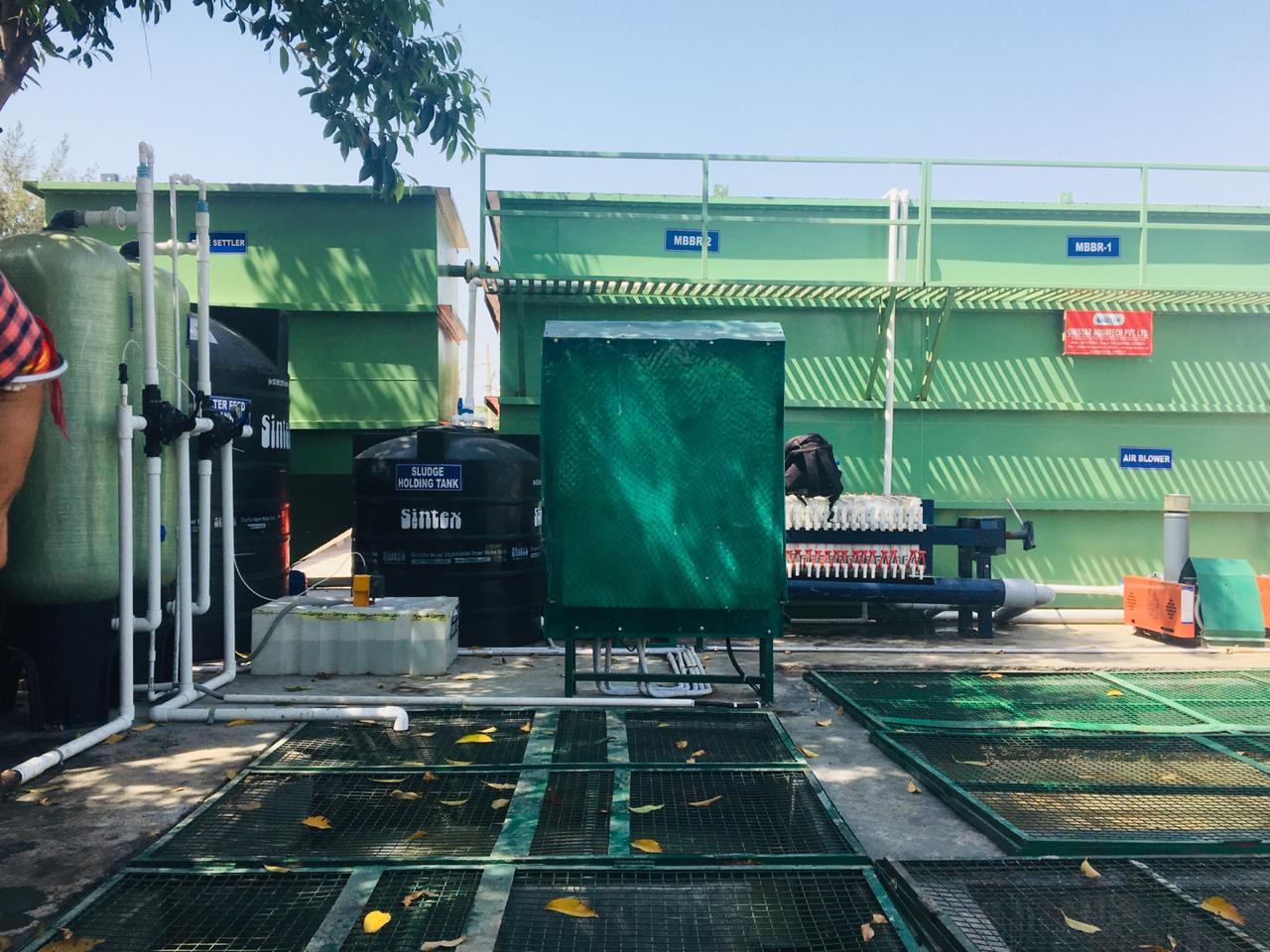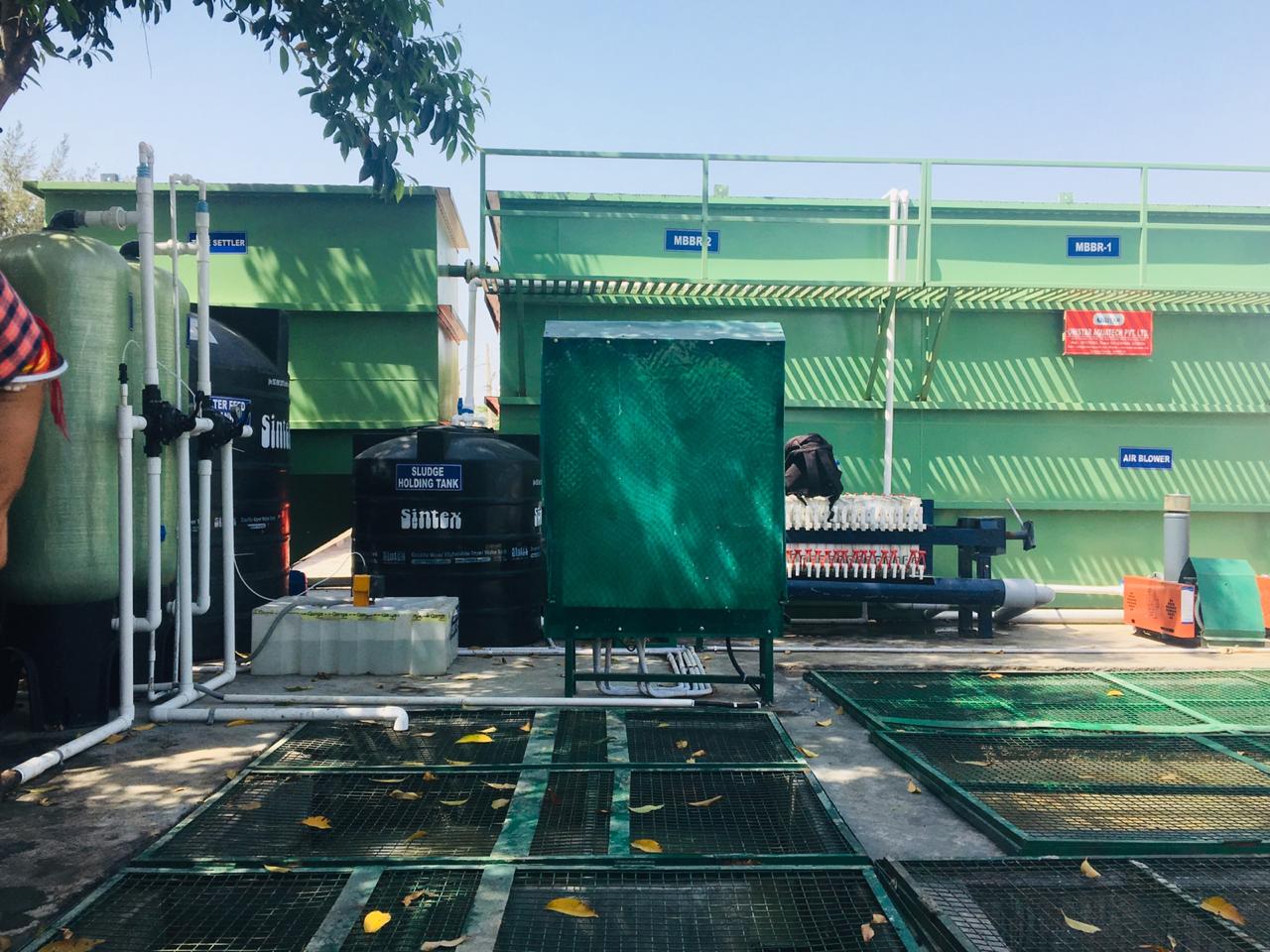STP Plant Operational Maintenance

STP plant operational maintenance is a critical aspect of ensuring the efficient and continuous performance of Sewage Treatment Plants (STPs). This process involves a range of activities aimed at preserving the functionality of the plant and preventing operational disruptions. These tasks typically include regular inspection and cleaning of equipment, monitoring of crucial parameters, such as pH and oxygen levels, and the adjustment of chemical dosing systems as needed. By implementing proactive maintenance measures, STP operators can minimize downtime, extend the lifespan of equipment, and ensure that the STP consistently meets environmental regulations and quality standards, contributing to effective wastewater management and environmental protection.
Features of STP Plant Operational Maintenance:
Routine Inspection: Scheduled inspections of equipment, pipelines, and process units to identify and address any signs of wear, damage, or malfunction.
Preventive Repairs: Proactive repair and replacement of worn or damaged components before they lead to major breakdowns.
Parameter Monitoring: Continuous monitoring of critical parameters such as flow rates, chemical levels, and biological indicators to maintain optimal treatment conditions.
Calibration: Regularly calibrate sensors and analytical instruments to ensure accurate data collection and process control.
Sludge Management: Proper handling and disposal of sludge generated during treatment, often through dewatering and appropriate disposal methods.
Training and Education: Ongoing training programs for plant operators to keep them updated on the latest maintenance techniques and safety procedures.
Advantages of STP Plant Operational Maintenance:
Reliability: Regular maintenance enhances the reliability of STPs, reducing the risk of unexpected breakdowns and operational disruptions.
Compliance: Maintenance ensures that STPs consistently meet regulatory requirements and environmental standards, avoiding penalties and legal issues.
Efficiency: Well-maintained STPs operate more efficiently, leading to lower energy consumption and reduced operational costs.
Safety: Maintenance practices prioritize the safety of plant personnel, minimizing the risk of accidents or incidents.
Longevity: Proper upkeep extends the lifespan of equipment, reducing the need for costly replacements.
Environmental Protection: Effective maintenance helps maintain the quality of treated wastewater, protecting the environment and water bodies downstream.
Cost Savings: Preventive maintenance is often more cost-effective than reactive repairs, as it reduces the likelihood of expensive emergency fixes.
Public Health: Reliable STPs ensure the safe treatment of sewage, safeguarding public health by preventing the spread of waterborne diseases.
In summary, STP plant operational maintenance is essential for the consistent and efficient performance of Sewage Treatment Plants. It offers a range of benefits, including improved reliability, compliance with regulations, cost savings, and environmental protection, all of which contribute to effective wastewater management and community well-being.


